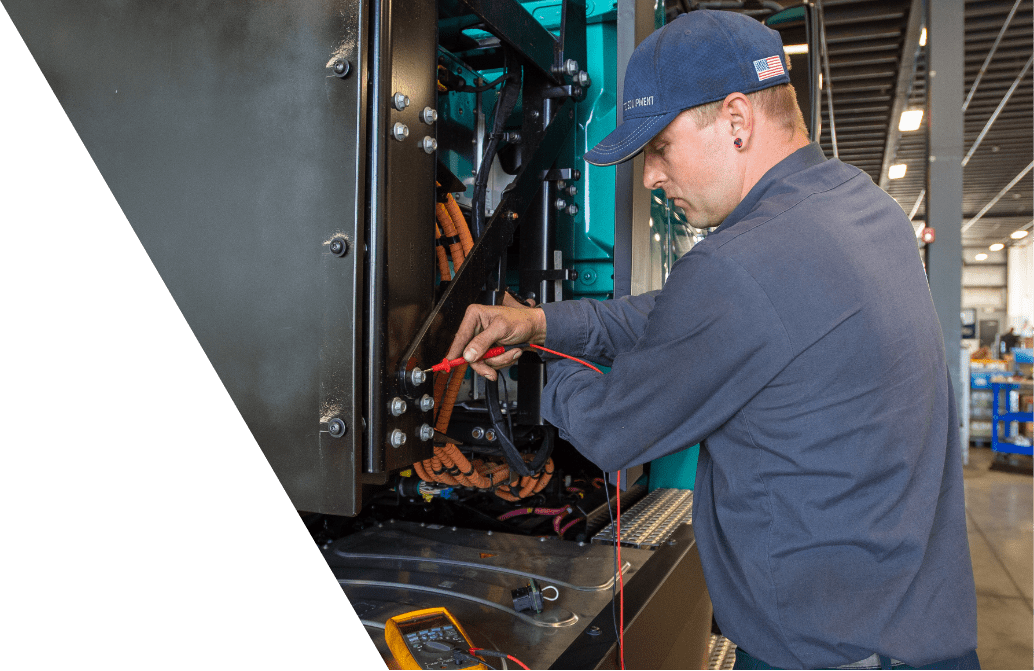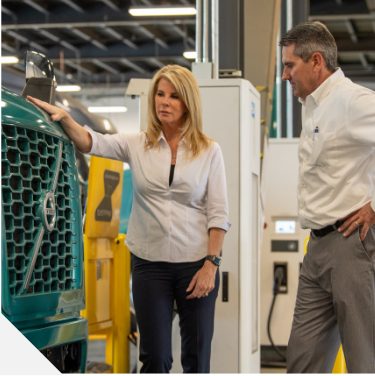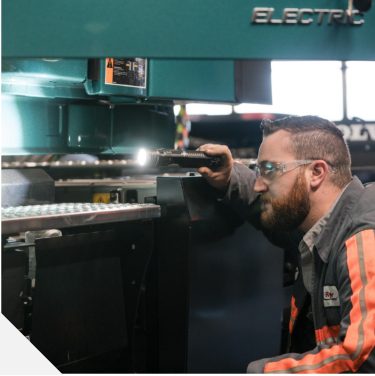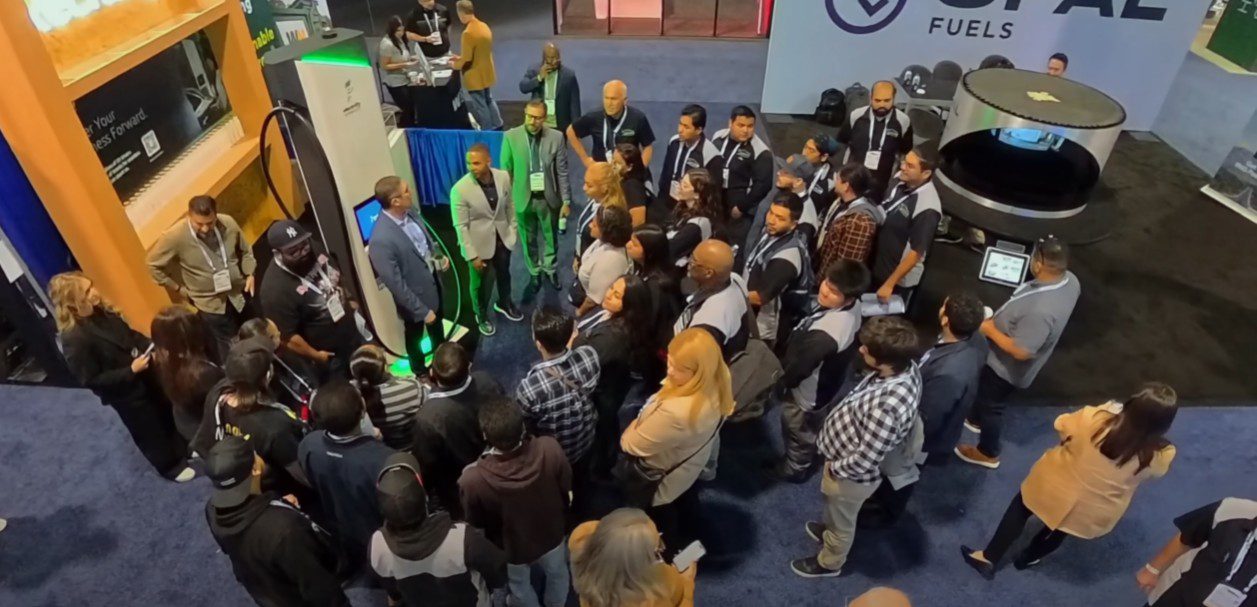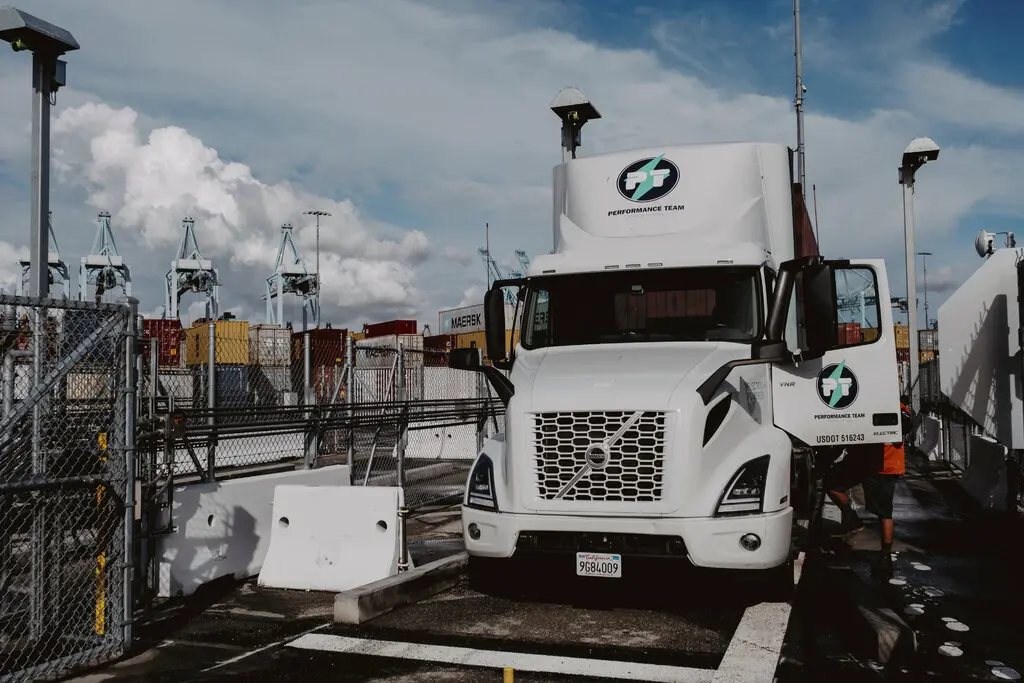Workforce Development
Introduction
HD battery-electric trucks have arrived on the market, and very few fleets or dealerships have experience operating and maintaining them. To enable a successful transition to battery-electric trucks, comprehensive training is needed for staff that will interact with the vehicles, including fleet managers, service technicians, and professional drivers. Career opportunities and economic mobility are significant community benefits arising from JETSI and similar fleet electrification projects.
